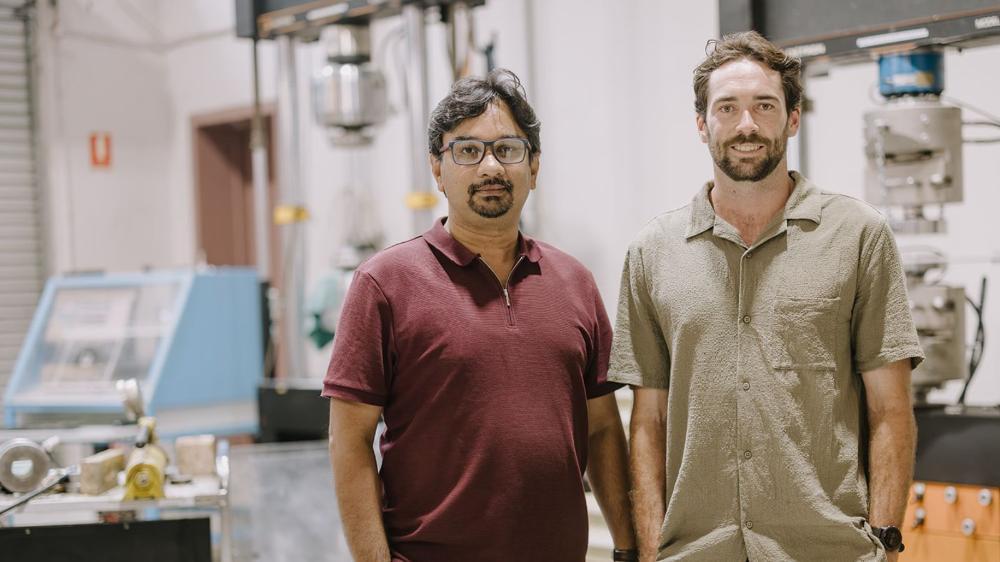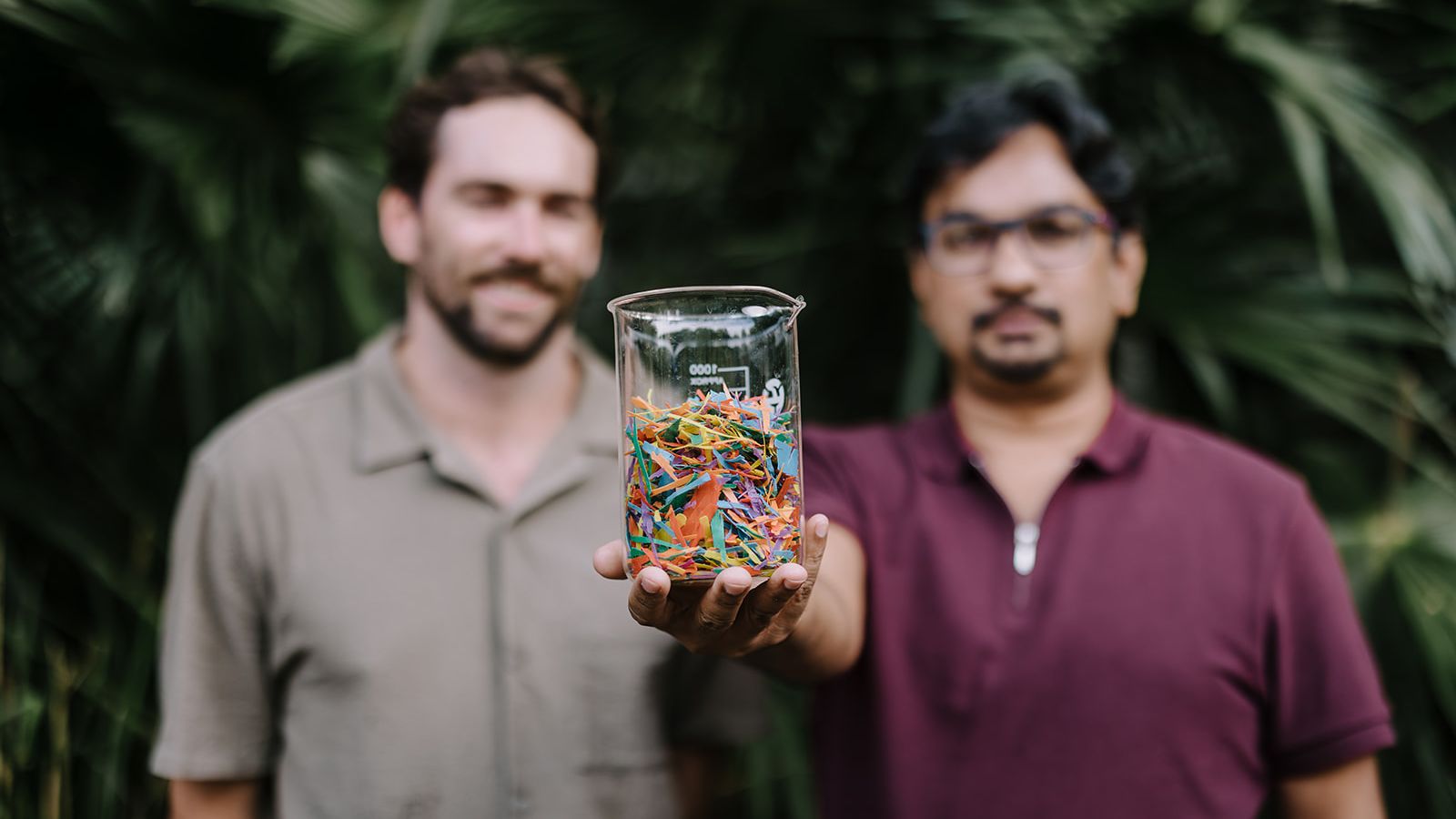March 26, 2024
Microplastics created during recycling harming our environment
Microplastics are a widespread problem. Microplastics have been found in everything - in plants, animals, consequently in our food, inside our bodies and almost everywhere on the planet.
Environmental engineers from The University of Wollongong (UOW) have uncovered that the current process of recycling plastic is creating and releasing more microplastics into the environment.
Professor Faisal Hai, Head of the School of Civil, Mining, Environmental and Architectural Engineering and Director of UOW’s Strategic Water Infrastructure Lab, and UOW PhD candidate Michael Staplevan have been researching the generation of microplastics from various sources globally.
In a commentary ‘Recycling process produces microplastics’, published in Science in March, the researchers focused on the degradation of plastic in the process of recycling, examining issues with current mechanical recycling of plastics, in particular through the shredding process.
“Microplastics are small particles of plastics. They can be generated due to widespread littering of plastics into the environment, then under the atmosphere, under the sun and the rain they degrade into smaller particles,” Professor Hai said.
“Because the plastics are chemically resistant they will break into smaller particles, but they will never vanish. They will continue to become smaller, and in the process, they enter our food system.
“You name it, microplastics have been found everywhere.”
In most cases researchers know where the problem exists and how microplastic is making its way into the environment.
“One is if plastic is littered into the environment, it can progressively degrade into microplastics. Another is through many industries, including laundry, textiles, cosmetics, and pharmaceuticals, that have been linked to the release of microplastics into the environment,” Professor Hai said.
“However, one source has been overlooked: the plastic recycling industry.”
“Plastic recycling is important for our transition to the circular economy, and we want to promote the industry, but it is kind of counterproductive when the industry that we have built to reduce the plastic pollution problem is in fact creating a problem.”

Professor Faisal Hai and UOW PhD candidate Michael Staplevan in UOW’s Strategic Water Infrastructure Lab. Photo: Michael Gray
The commentary in Science is the culmination of a series of recent publications by the UOW researchers uncovering the limitations of current plastic recycling practice.
“In our study, we demonstrated how much microplastic can be generated during the recycling process. Plastic type and environmental exposure affect the amount of microplastics generated. It is not uncommon for recycling facilities to store plastics in exterior storage compounds before these are processed.
“Our study shows that such environmental exposure can almost double the microplastic generation during the shredding step in the recycling plant,” Professor Hai said.
“The commercial process for plastic recycling may have been emitting microplastics since its first use nearly half a century ago.
“The most effective microplastics mitigation strategy is to pinpoint their sources and prevent their release.”
Professor Hai leads the UOW team whose work underpins protection of land and water resources from contamination and fostering sustainable harnessing of bio-resource and energy.
The researchers said they are strong advocates of recycling; however, they are calling on more regulation of the recycling industry to control and monitor the amount of microplastics being produced and released into the environment.
“Plastic recycling is integral to the transition from a linear to circular economy. However, the current process is not foolproof, and we need to improve it,” Professor Hai said.
“We need to prevent microplastics generation as much as possible. Further, measures need to be put in place to prevent microplastic release into the environment.”
Australia is lagging globally, and the researchers believe there needs to be a more uniform approach between researchers, industry and government to put in place regulations to prevent the release of microplastics from the recycling sector.
“Researchers and the recycling industry need to work more closely to find ways to effectively contain the microplastics that facilities emit,” Professor Hai said.
“Environmental regulatory agencies should implement and enforce wastewater emission standards that specifically target microplastics as a contaminant of concern, similar to the policies the European Commission has proposed.”
A free link to the commentary in Science can be requested from Professor Faisal Hai.
